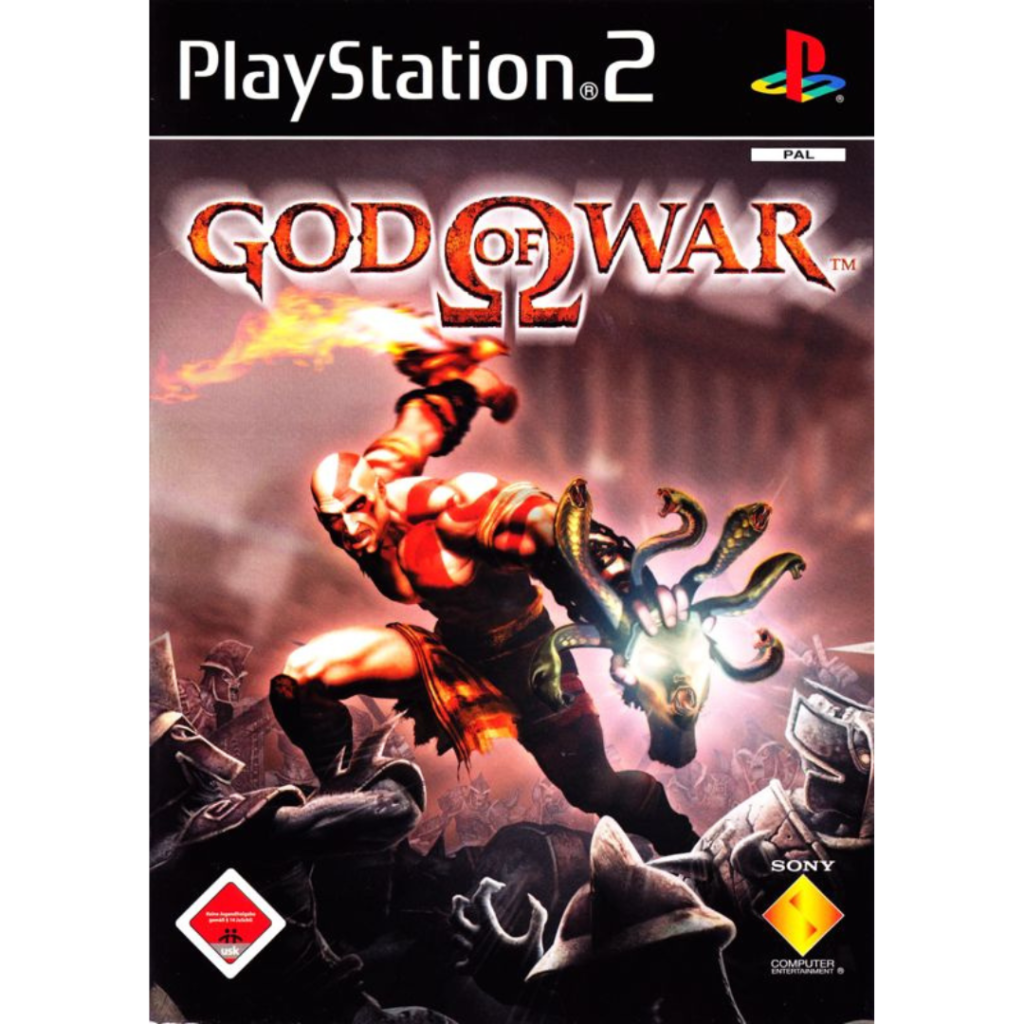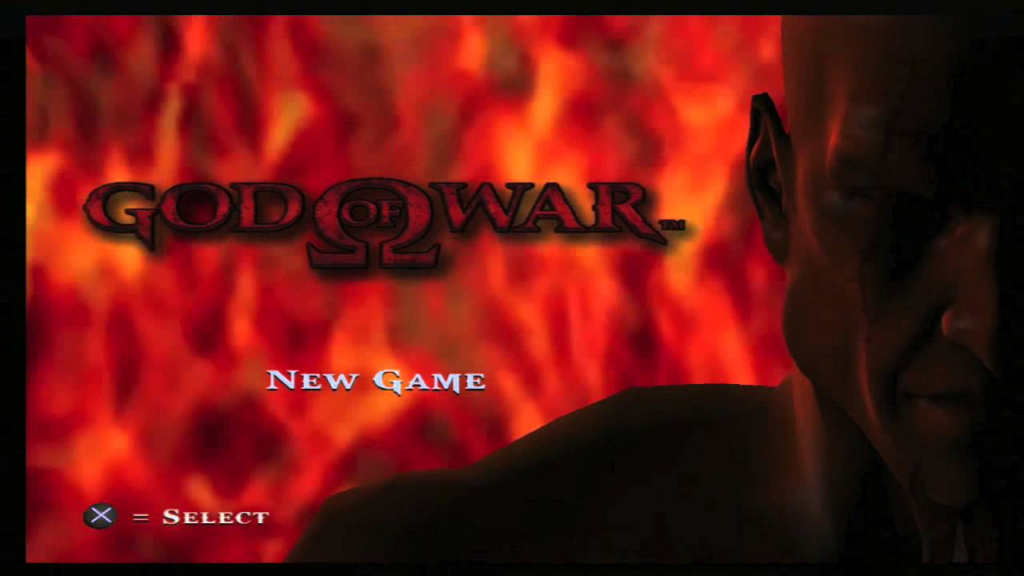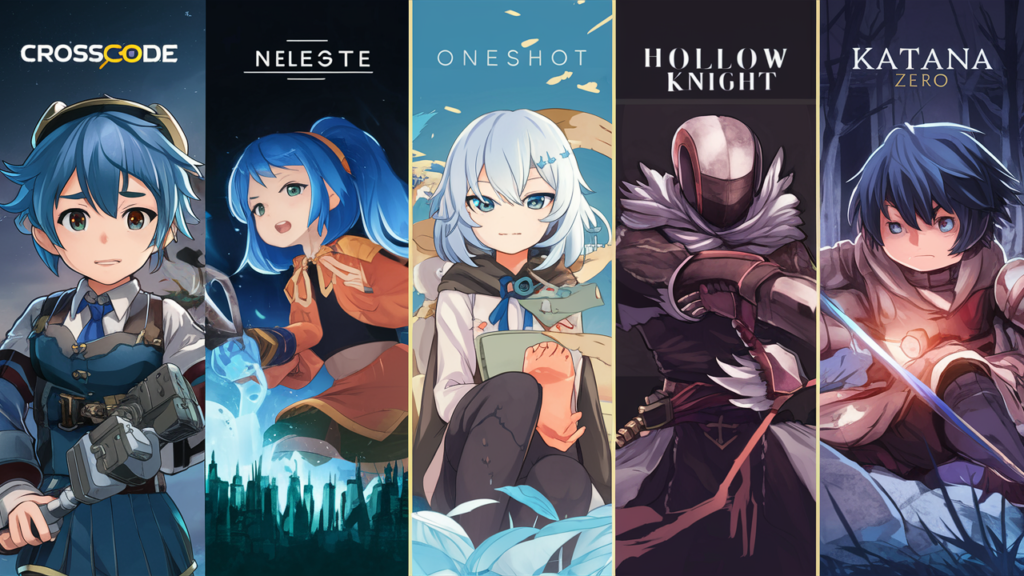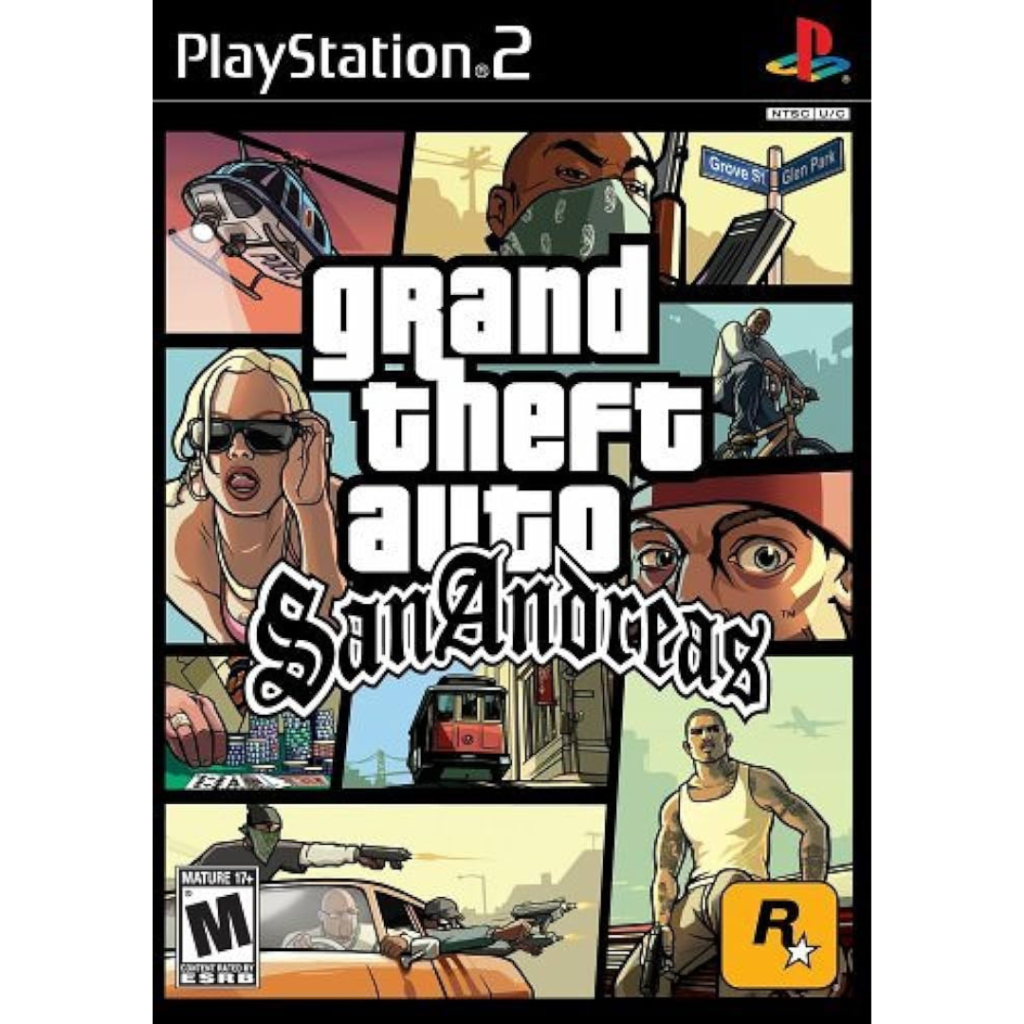
When I think back to the days of gaming on the PlayStation 2, few titles stand out quite like God of War. Released in 2005, this game wasn’t just a milestone in action-adventure gaming, it was a testament to the heights that storytelling, gameplay, and sheer spectacle could achieve on Sony’s beloved console. For many of us, God of War was more than just a game, it was an unforgettable experience, a saga of vengeance, and a journey into the heart of Greek mythology, all wrapped up in the rage-fueled journey of one man: Kratos.
The Impact of Playing on a PlayStation 2

Firing up God of War on the PlayStation 2 for the first time was nothing short of awe-inspiring. From the moment the main menu loaded, with its ominous music and the shadowy figure of Kratos staring out at you, you knew you were about to embark on something special. The PS2 had already seen its fair share of incredible titles by 2005, but God of War was different. It felt bigger, bolder, and more brutal than anything that had come before it.
The first time I took control of Kratos, standing on that ship’s deck amidst a storm, with the Aegean Sea raging around him, I was hooked. The fluidity of the combat, the sheer power of the Blades of Chaos as they cut through hordes of enemies, and the seamless blend of gameplay and cinematic moments, it all felt revolutionary. The PS2’s hardware may have been aging, but God of War made it feel like it was operating at its peak.
And then there were the quick-time events. Love them or hate them, there was something undeniably thrilling about executing those perfectly timed button presses to finish off a boss in a spectacularly gruesome fashion. These moments, coupled with the game’s larger than life set pieces, made it feel like you were playing through a Hollywood blockbuster. God of War wasn’t just a game, it was an experience, one that grabbed you by the throat and didn’t let go until the credits rolled.
The Story That Defined a Generation
What truly set God of War apart, though, was its story. Kratos was unlike any protagonist we’d seen before. He was a man consumed by rage and guilt, driven by a desire for revenge against the gods who had betrayed him. His journey was one of blood, betrayal, and the relentless pursuit of redemption, no matter the cost.
The game’s narrative was steeped in Greek mythology, but it was far from a traditional retelling. Instead, it used these ancient tales as a backdrop for Kratos’s personal vendetta. The gods weren’t just distant figures they were tangible, fallible beings who could be fought, defeated, and even killed. This gave the story a sense of immediacy and impact that was rare in games at the time.
Every step of Kratos’s journey felt significant, from his first encounter with the Hydra to his final battle with Ares. And as the story unfolded, revealing the tragic events that had driven Kratos to his path of destruction, it was impossible not to be drawn in. God of War was a masterclass in storytelling, showing that video games could deliver narratives that were just as powerful and compelling as those found in books or films.
Looking Back: Playing God of War Today
Revisiting God of War today, on a modern console or through remasters, is a bittersweet experience. The graphics, once stunning, now appear dated, and the controls, though still tight, can feel a bit clunky by today’s standards. But these technical shortcomings don’t diminish the impact of the game. If anything, they enhance the nostalgia, reminding us of just how far gaming has come.
What strikes me most when replaying God of War now is how well it holds up. The combat is still satisfying, the puzzles are still clever, and the story is still as gripping as ever. Sure, the industry has moved on, with games now boasting photorealistic graphics, sprawling open worlds, and complex narratives. But there’s something timeless about God of War something that keeps it feeling fresh, even after all these years.
Perhaps it’s the simplicity of the game’s design. God of War knew exactly what it wanted to be a visceral, cinematic action game, and it delivered on that promise with every swing of Kratos’s blades. There’s a purity to its vision, a focus on delivering an unforgettable experience that still resonates today.
Conclusion: A Legacy of Rage and Redemption
God of War on the PlayStation 2 wasn’t just a game, it was a defining moment in gaming history. It was a title that pushed the boundaries of what was possible on the PS2, delivering a story that was as emotionally charged as it was action-packed. For those of us who experienced it back in 2005, it left an indelible mark, one that still lingers whenever we hear the haunting notes of its soundtrack or see Kratos’s iconic red tattoo.
Even now, as I revisit Kratos’s journey, I’m reminded of why this game meant so much to me. It’s not just the epic battles or the intricate puzzles, it’s the story of a man grappling with his past, seeking redemption in a world that offers none. It’s a story that, despite the years, still resonates deeply.
So here’s to God of War, to the unforgettable moments of rage fueled combat, to the story that made us care about a man who had lost everything, and to the legacy that continues to influence gaming today. Whether you’re playing it on a PS2 or a remastered version, the power of Kratos’s journey remains undiminished, and that’s a testament to the enduring magic of this remarkable game.


